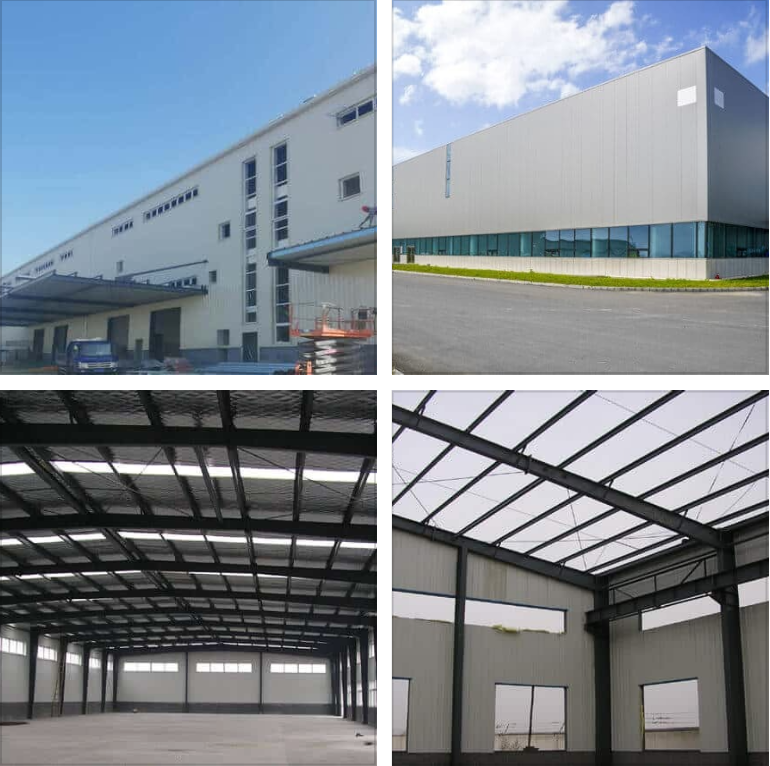Navigating the complexities of tax regulations is a crucial aspect of running a successful small businessFor business owners considering local chartered accountants in North Wales, understanding the local tax landscape is essential to ensure compliance, avoid penalties, and optimise financial performanceThis guide provides an overview of key tax regulations that small businesses in North Wales need to be aware of, along with the benefits of working with a local accountant who can help you stay on top of your tax obligations.
Table of Contents
1Local Tax Rates and Compliance
One of the first things small business owners in North Wales need to understand is the structure of local tax ratesWhile the broader tax framework in Wales is aligned with UK regulations, there are certain regional variations and local taxes that businesses must considerThese include:
Business Rates: Also known as non-domestic rates, these are taxes on property used for business purposesThe rateable value of your property is determinedthe Valuation Office Agency, and local authorities in North Wales set the specific ratesUnderstanding how these rates are calculated and ensuring you are paying the correct amount is crucial to avoid overpaying or underpaying.
Welsh Rates of Income Tax (WRIT): The Welsh government has the power to vary the rates of income tax on non-savings and non-dividend incomeWhile the UK government sets the tax bands, the Welsh government determines the rates that apply to Welsh taxpayersSmall business owners who are self-employed need to be aware of these rates to calculate their income tax accurately.
Employment Taxes: If your business employs staff, you’ll need to be aware of your obligations concerning National Insurance Contributions (NICs), PAYE (Pay As You Earn), and other employment-related taxesEnsuring that payroll is processed correctly and on time is essential to remain compliant with HMRC regulations.
A local accountant in North Wales can help you navigate these taxes, ensuring you’re compliant with all local and national requirementsThey can also help you identify any potential tax reliefs or exemptions you may be eligible for, such as small business rate relief or allowances for specific industries.
2VAT Registration and Management
Value Added Tax (VAT) is another critical area of tax regulation that small businesses in North Wales need to manage effectivelyWhether your business needs to register for VAT depends on your turnoverIf your taxable turnover exceeds the VAT threshold,you are required to register for VAT and charge it on your goods or services.
Key considerations for VAT include:
VAT Schemes: There are different VAT schemes available, such as the Flat Rate Scheme, the Cash Accounting Scheme, and the Annual Accounting SchemeEach scheme has its own advantages depending on your business’s cash flow, size, and natureA local accountant can help you choose the right VAT scheme and manage your VAT returns efficiently.
Making Tax Digital (MTD): The UK government’s Making Tax Digital initiative requires businesses above the VAT threshold to keep digital records and submit VAT returns using compatible softwareUnderstanding the requirements of MTD and ensuring that your business’s accounting systems are compliant is essential to avoid penalties.
VAT Exemptions and Reduced Rates: Certain goods and services are either exempt from VAT or subject to reduced ratesUnderstanding these categories is important to avoid charging incorrect VAT rates, which can lead to compliance issues or lost revenue.
A local accountant can assist with VAT registration, choosing the right VAT scheme, and managing your VAT returnsThey can also help you stay compliant with MTD requirements and ensure that your VAT records are accurate and up to date.
3Tax Deductions and Allowances
Maximising tax deductions and allowances is crucial for reducing your business’s tax liability and improving profitabilityIn North Wales, as with the rest of the UK, there are several deductions and allowances available to small businesses, including:
Capital Allowances: If your business invests in equipment, machinery, or vehicles, you may be eligible to claim capital allowancesThis allows you to deduct a portion of the cost of these assets from your taxable profits, reducing your overall tax bill.
Research and Development (R&D) Tax Credits: If your business is involved in innovation or developing new products, processes, or services, you may be eligible for R&D tax creditsThese credits can significantly reduce your corporation tax liability or provide a cash refund.
Expenses: Small businesses can deduct a wide range of business expenses from their taxable income, including travel, office supplies, utilities, and marketing costsIt’s important to keep detailed records of all business expenses to ensure you’re claiming the maximum allowable deductions.
Pension Contributions: Contributions to employee pension schemes can be tax-deductible, reducing your overall tax burden while helping to provide for your employees’ futures.
Understanding which deductions and allowances apply to your business and how to claim them can be complexA local accountant can provide expert advice on maximising these tax-saving opportunities, ensuring you’re not paying more tax than necessary.

4The Benefits of Working with a Local Accountant
Navigating the complexities of tax regulations is no small task, especially for small businesses that may not have in-house accounting expertiseWorking with a local accountant in North Wales offers several benefits:
Expertise in Local Tax Laws: Local accountants have an in-depth understanding of the specific tax laws and regulations that apply to businesses in North WalesThey can provide tailored advice that aligns with your business’s needs and ensures compliance.
Personalised Service: A local accountant can offer a more personalised approach, taking the time to understand your business and providing advice and services that are directly relevant to your situation.
Ongoing Support: Tax regulations are constantly changing, and staying on top of these changes can be challengingA local accountant can provide ongoing support, helping you stay compliant and making sure you’re always taking advantage of the latest tax-saving opportunities.
Conclusion
Understanding tax regulations is essential for small businesses in North Wales to remain compliant, optimise their tax liability, and avoid costly penaltiesBy staying informed about local tax rates, VAT requirements, and available deductions and allowances, you can ensure that your business’s finances are managed effectivelyWorking with a local accountant who understands the nuances of the North Wales tax landscape can provide invaluable support, helping you navigate the complexities of tax regulations and focus on growing your business.







